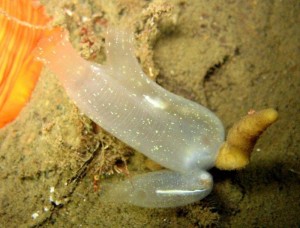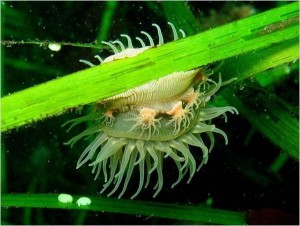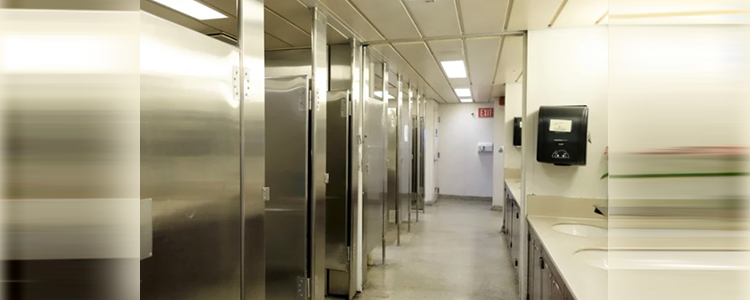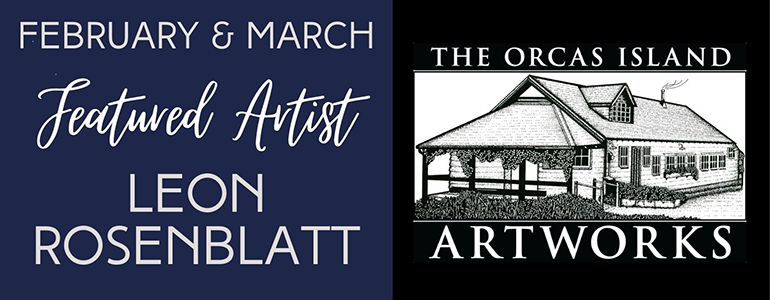From the SeaDoc Society Newsletter
Thanks to a $200,000 donation from the WWW Foundation, the SeaDoc Society is funding four “shovel-ready” projects this month. Briefly, they are:

Yukky tunicates are invading the Salish Sea
How are invasive sea squirts impacting native sea life? Are removal techniques working?
Non-native sea squirts (also known as tunicates) have gained footholds in Puget Sound and are spreading at an alarming rate. This research project will evaluate the impacts that these invasive tunicates have on native species, examine areas in which experimental eradication of tunicates has been conducted to determine whether or not they have remained tunicate-free and how native species have responded to post-eradication conditions.
Is disease killing eelgrass meadows of the Salish Sea?

Slime mold endangers eelgrass
Eelgrass is so important to marine habitat that some people call them the rainforests of the near shore. A slime mold (Ladyrinthula) that killed 90% of all eelgrass on the East Coast from Canada to North Carolina has been indentified in some of the eelgrass meadows here in the Puget Sound. This project will document its distribution and look at its impact on eelgrass meadows.
Are rockfish conservation areas working in BC?
Rebuilding depleted fisheries is key to restoring the Salish Sea. This project will scientifically evaluate the efficacy of Canada’s Rockfish Conservations for recovering depleted rockfish populations.
What are the impacts of new energy sources on the health of our ecosystem?
Pilot studies and plans for new tidal energy sources are moving forward in the Salish Sea, but very little in known about the impacts that these could have on our marine life. This project will investigate the potential for different marine-hydrokinetic projects to have a negative impact on our marine wildlife.
In addition, the SeaDoc Society is teaching people from Washington and British Columbia, who are taking SeaDoc’s free on-line course covering the top ten principles for designing healthy coastal ecosystems. While most are environmental educators, this is an ongoing course that is open to all people at any time. Feel free to sign up or tell a friend about the class. On-line forums allow participants to discuss how to most effectively teach these principles. For more information or to sign up, visit https://www.seadocsociety.org/courses/topten
The SeaDoc Society is a non-profit program of the Wildlife Health Center, a center of excellence at the world-renowned UC Davis School of Veterinary Medicine.SeaDoc Society: 360-376-3910
**If you are reading theOrcasonian for free, thank your fellow islanders. If you would like to support theOrcasonian CLICK HERE to set your modestly-priced, voluntary subscription. Otherwise, no worries; we’re happy to share with you.**







